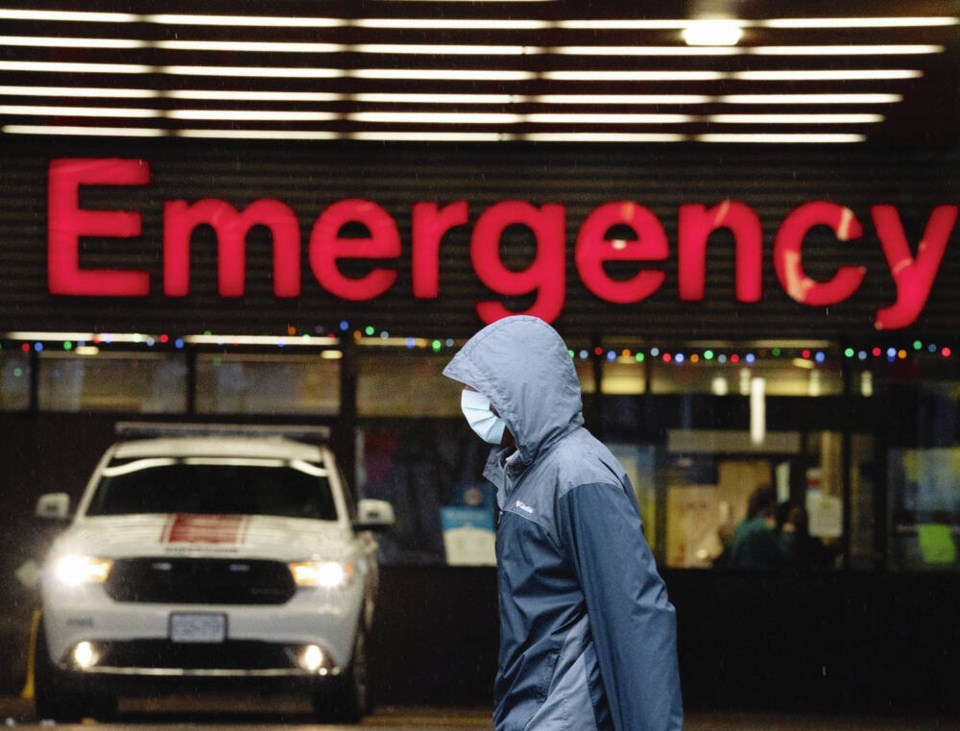With the COVID outbreak in its sixth wave, Dr. Bonnie Henry, the provincial health officer, has said that hopefully the province won’t have to resume public health orders around masking and social distancing.
However, she warns it’s too early to know this for sure. If a new, more energetic COVID variant emerges in the fall, we could be right back at the start.
There are two ways of looking at these remarks. One is that Henry is merely stating the obvious, that we don’t know how the COVID virus will develop, and therefore we can’t know what steps might be needed in the months ahead. That’s clearly so.
But the other interpretation is that Henry intends to retain the power of imposing far-reaching restrictions on our daily lives, should she determine they’re called for. That also seems a fair read of her mindset.
I’ve backed Henry in print many times, and I thinks she’s been right more often than not. But there is a larger issue here.
If COVID is to become an ever-present affliction, like flu or the common cold, or for that matter any number of infectious diseases, how should we respond?
Here is what Dr. Anthony Fauci, lead COVID spokesperson for the U.S. government, said recently: “[COVID] is not going to be eradicated, and it’s not going to be eliminated … We’re going to see that each individual is going to have to make their calculation of the amount of risk that they want to take in going to indoor dinners and in going to functions.”
That’s a subtly different message than Henry’s. He sees the same science, and reads the same numbers, but he shifts the weight of decision-making from public health officials to the individual citizen.
And he offers this telling advice: “So you’re going to make a question and an answer for yourself. What is my age? What is my status?”
“Telling” because COVID deaths are heavily concentrated in the older population. As of April 1, out of 36,992 COVID deaths Canada-wide, 30,361, or more than 80 per cent, occurred in people age 70 and over.
Just 405 deaths were recorded in people age 39 or younger, and just 36 in people age 19 or younger.
But that brings into question the value, or fairness, of imposing restrictions across the population as a whole, a reality we’ve lived with these past two years, and which Henry appears willing to resume if she sees the need.
There is also the fact that COVID vaccines have proved vastly more effective than could have been hoped. It’s true that the immunity they confer is not indefinite.
But booster shots are available for people who feel themselves at risk. Henry noted this fact. Isn’t that the preferred solution if COVID is now endemic?
If, as appears the case, we’re in this for the long haul, a rethink is needed of the limits to emergency powers.
What makes sense as a short-term strategy becomes invidious if extended indefinitely.
As Dr. Fauci has done, we need to hear Dr. Henry acknowledge this.



